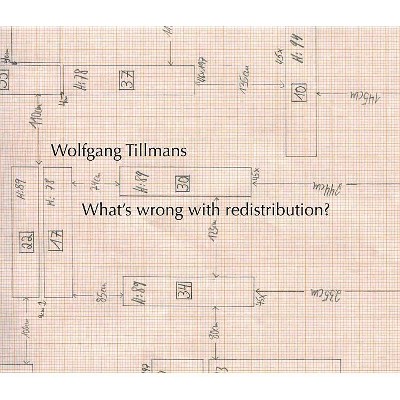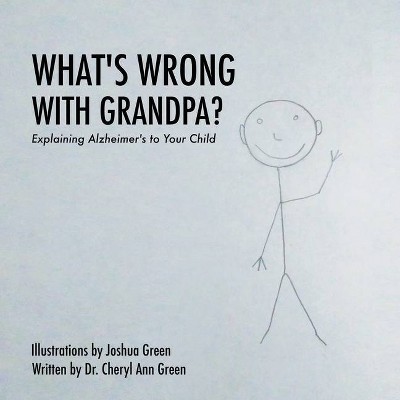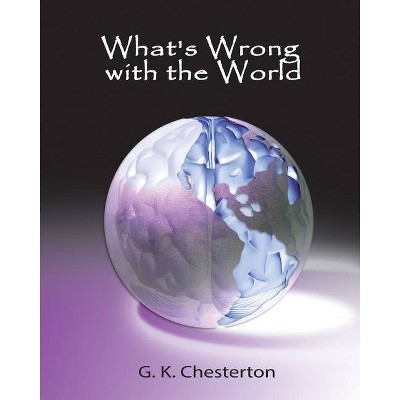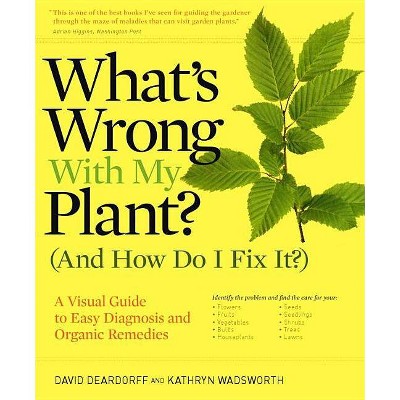What's Wrong with Benevolence - by David Stove (Hardcover)

Similar Products
Products of same category from the store
AllProduct info
<p/><br></br><p><b> About the Book </b></p></br></br>Is benevolence a virtue? In many cases it appears to be so. But when it comes to the "enlarged benevolence" of the Enlightenment, David Stove argues that the answer is clearly no. In this insightful, provocative essay, Stove builds a case for the claim that when benevolence is universal, disinterested and external, it regularly leads to the forced redistribution of wealth, which in turn leads to decreased economic incentives, lower rates of productivity, and increased poverty. <BR>As Stove points out, there is an air of paradox in saying that benevolence may be a cause of poverty. But there shouldn't be. Good intentions alone are never sufficient to guarantee the success of one's endeavors. Utopian schemes to reorganize the world have regularly ended in failure. <BR>Easily the most important example of this phenomenon is twentieth-century communism. As Stove reminds us, the attractiveness of communism--the "emotional fuel" of communist revolutionaries for over a hundred years--has always been "exactly the same as the emotional fuel of every other utopianism: the passionate desire to alleviate or abolish misery." Yet communism was such a monumental failure that millions of people today are still suffering its consequences. <BR>In this most prescient of essays, Stove warns contemporary readers just how seductive universal political benevolence can be. He also shows how the failure to understand the connection between benevolence and communism has led to many of the greatest social miseries of our age.<BR><p/><br></br><p><b> Book Synopsis </b></p></br></br>Is benevolence a virtue? In many cases it appears to be so. But when it comes to the "enlarged benevolence" of the Enlightenment, David Stove argues that the answer is clearly no. In this insightful, provocative essay, Stove builds a case for the claim that when benevolence is universal, disinterested and external, it regularly leads to the forced redistribution of wealth, which in turn leads to decreased economic incentives, lower rates of productivity, and increased poverty. <p/>As Stove points out, there is an air of paradox in saying that benevolence may be a cause of poverty. But there shouldn't be. Good intentions alone are never sufficient to guarantee the success of one's endeavors. Utopian schemes to reorganize the world have regularly ended in failure. <p/>Easily the most important example of this phenomenon is twentieth-century communism. As Stove reminds us, the attractiveness of communism--the "emotional fuel" of communist revolutionaries for over a hundred years--has always been "exactly the same as the emotional fuel of every other utopianism: the passionate desire to alleviate or abolish misery." Yet communism was such a monumental failure that millions of people today are still suffering its consequences. <p/>In this most prescient of essays, Stove warns contemporary readers just how seductive universal political benevolence can be. He also shows how the failure to understand the connection between benevolence and communism has led to many of the greatest social miseries of our age.<br><p/><br></br><p><b> About the Author </b></p></br></br>According to some, the Australian philosopher David Stove (1927-1994) may have been the late-twentieth century's "funniest and most dazzling defender of common sense," far better than authors such as G.E. Moore and J.L. Austin. According to others, he was little more than a political reactionary, a social commentator whose oft-cited books (including <i>The Plato Cult</i> and <i>Scientific Irrationalism</i>) are best left unopened. Since his death in 1994, four new collections of his writings have appeared.
Price History
Price Archive shows prices from various stores, lets you see history and find the cheapest. There is no actual sale on the website. For all support, inquiry and suggestion messages communication@pricearchive.us




















